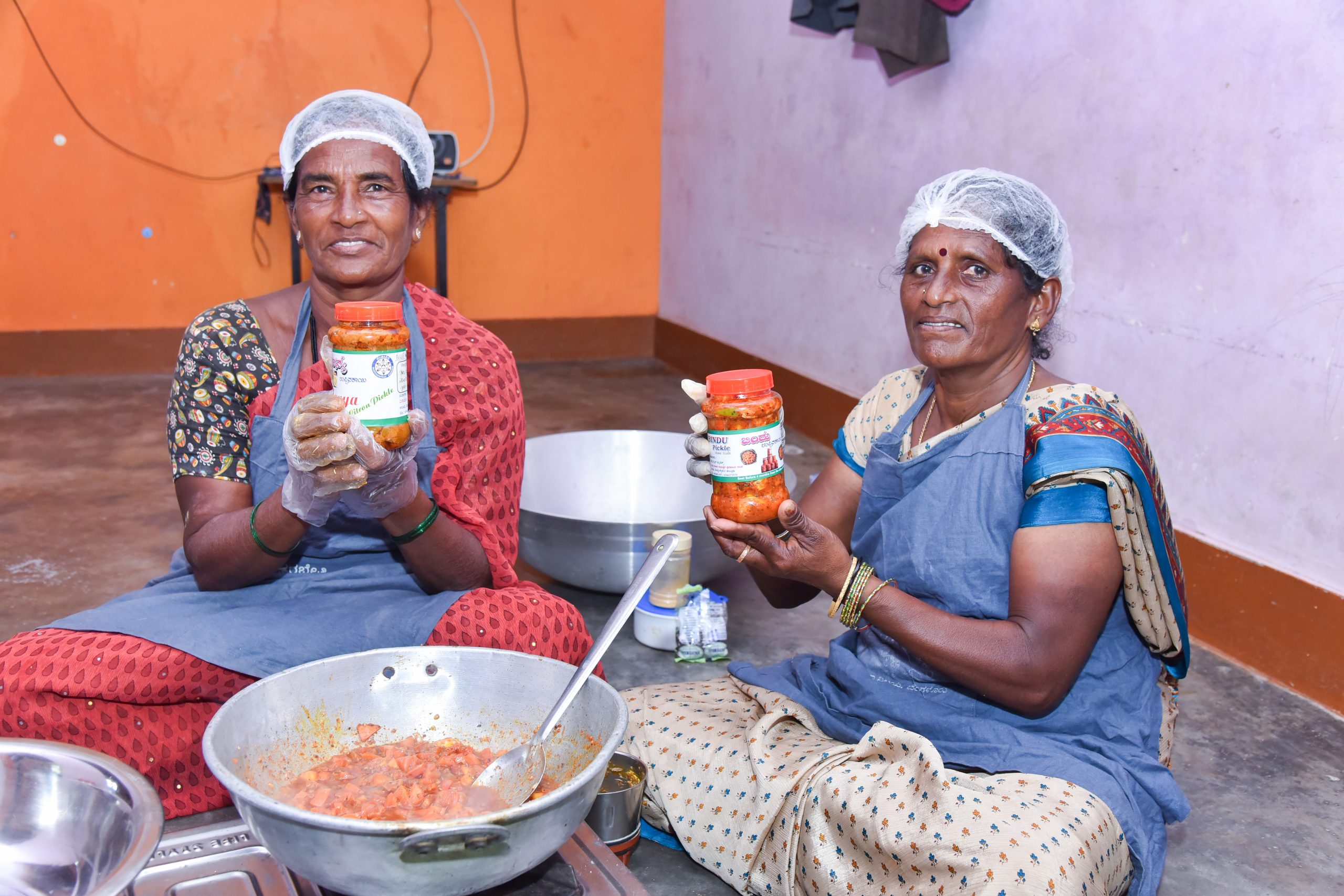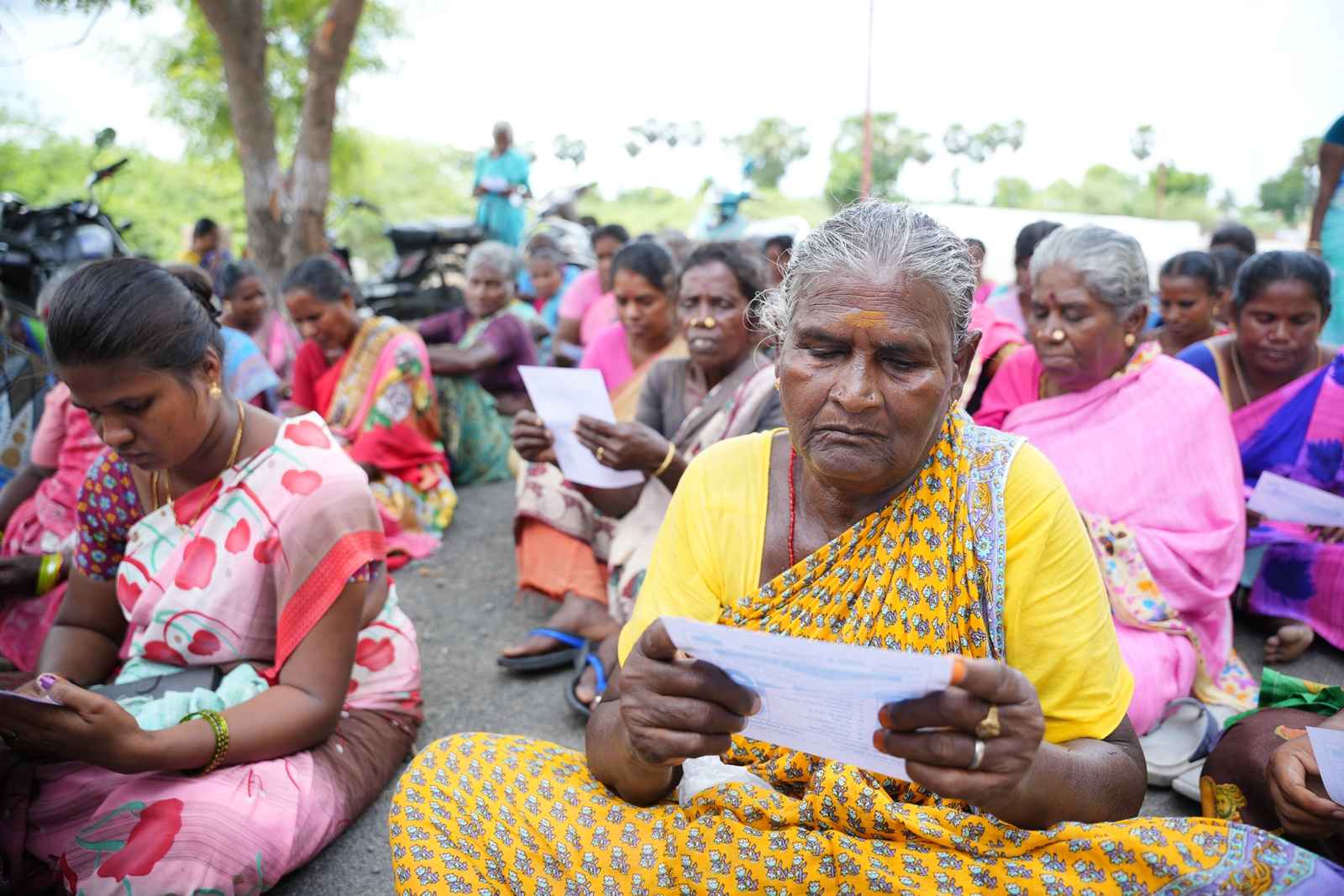When we talk about making the world a better place, development organisations are often at the forefront, driving significant change. Over the years, the role of NGOs in international development has expanded from providing immediate aid to addressing broader issues such as human rights, environmental conservation and social justice. Their influence on policies, collaborations with governments and private sectors, and their vital role in community development are all evolvements that have made NGOs entities driving social good all across the world.
In India, a country with high aspirations and intense social issues, NGOs are shaping lives and contributing to the country’s potential as an economic superpower.
Their journey and the role of NGOs in international development
NGOs have come a long way since the term was first coined in 1945 with the establishment of the United Nations. Initially, their primary focus was on providing emergency relief and humanitarian aid. However, as global challenges evolved, so did the role of NGOs. Today, they engage in advocacy, development and social justice, working tirelessly to address a wide array of issues. This evolution has been marked by increasing professionalisation, diversification of roles and strategic partnerships with various stakeholders, including governments, private sectors and other civil society organisations.
Influencing Policies
NGOs play a critical role in influencing policies at both national and international levels. Through advocacy and lobbying, they bring attention to pressing issues such as human rights, environmental conservation and social justice.
Organisations like Amnesty International and Greenpeace have been at the forefront of advocating for policy changes that prioritise human rights and environmental sustainability. Their data-driven reports, grassroots campaigns and strategic alliances with policymakers led to significant legislative changes and international agreements, exemplified by the Paris Agreement on climate change.
In India, NGOs have been instrumental in advocating for policies that promote social equity and environmental protection. For instance, in the implementation of the Right to Education Act and the National Rural Employment Guarantee Act, NGOs have forged important partnerships that support these policies on the ground level. Vulnerable populations have access to necessary services and opportunities because of NGO interventions, contributing to more inclusive and equitable development.
Collaborating with Governments and Private Sectors
NGOs often collaborate with governments and private companies to implement social programs effectively. They bring expertise, resources and on-the-ground insights that often determine the success of these initiatives. For example, NGOs work with local governments to enhance education, health and livelihood programs.
In India, NGOs have been instrumental in the implementation of government schemes like the Swachh Bharat Mission and Beti Bachao Beti Padhao. By acting as intermediaries, NGOs ensure that the benefits of these programs reach the most marginalised communities.
Moreover, partnerships with the private sector through Corporate Social Responsibility (CSR) initiatives have enabled NGOs to scale their impact. These collaborations allow NGOs to access additional resources, expertise and networks, amplifying their efforts to address complex social issues. For instance, Smile Foundation’s partnership with corporate entities has significantly expanded the reach and effectiveness of their programs, benefiting almost 120,000 of underserved children through education alone across India.
Trust and Community Engagement
One of the reasons NGOs are so effective is the trust they build within communities. People often see NGOs as more approachable and reliable, at times more than governmental institutions. This trust is nurtured through consistent community engagement, transparency and accountability. Successful NGOs like Smile Foundation, Akshaya Patra, and Pratham have established deep connections with the communities they serve. By involving community members in the planning and execution of projects, these NGOs ensure a sense of ownership and sustainability.
NGOs employ participatory approaches, involving community members in decision-making processes and project implementation. This community-ownership first approach ensures that interventions are tailored to the specific needs and priorities of the communities. As a result, the programs are more effective and sustainable, leading to long-term positive outcomes.
Transformative Impact on Lives
Many individuals who have benefited from NGOs return to their communities to contribute, creating a butterfly effect of positive change. Educational programs run by NGOs have empowered countless children with the skills and knowledge to pursue higher education and meaningful careers. These beneficiaries often become mentors and role models, inspiring others to follow suit. This cycle of giving back strengthens the social fabric and accelerates community development.
For example, many of the children of Smile Foundation’s Mission Education program who were provided with access to quality education were able to climb up the social ladder through financial independency and network-building. These children have gone on to achieve academic and professional success, returning to their communities as change-makers and contributing to the development of the next generation. It has been observed that those who benefit from NGO initiatives become their lifelong supporters helping others lead better lives.
NGOs and India’s Economic Aspirations
India’s dream of becoming an economic superpower is closely tied to improving social indicators such as education, health and poverty reduction. By addressing systemic issues and providing innovative solutions, NGOs contribute to creating a more educated, healthy and economically active population. Their initiatives uplift individual lives and contribute to the broader economic growth of the country.
By advocating for the rights of women, children and other disadvantaged groups, they contribute to creating a more equitable society where everyone has the opportunity to thrive. This inclusivity is essential for sustainable economic growth and social stability.
There are NGOs dedicatedly working for domestic violence facers, differently abled groups, sexually-abused children, innovative solutions to smallholder farmers, socially-taboo diseases, and more. Every area is being looked into to restore the dignity of humans in every corner possible of the country.
The Power of Partnerships
Partnerships are at the heart of how NGOs operate. By working together with governments, private companies, other NGOs and international organisations, they can pool resources, share expertise and reach wider audiences. These collaborations successfully scale-up programs, ensuring sustainability and tackle complex issues that need multifaceted approaches.
Effective partnerships enable them to leverage the strengths and capabilities of different stakeholders, creating synergies that enhance the overall impact of development efforts. By working together, partners can address multiple dimensions of a problem, ensuring that interventions are comprehensive and sustainable. This collaborative approach is particularly important in addressing complex challenges such as poverty, inequality and climate change, which require coordinated efforts at multiple levels.
Without NGOs, many communities might struggle to improve their quality of life. NGOs fill gaps left by the government and private sectors, providing essential services and advocating for the underserved. They are often the first responders in crises, whether natural disasters, pandemics or social upheavals. The COVID-19 pandemic highlighted how NGOs provide relief, raise awareness and support recovery efforts.
NGOs have been instrumental in providing immediate relief and long-term support during the pandemic. Their efforts included distributing food and essential supplies, raising awareness about COVID-19 prevention, and supporting the education of children through digital learning initiatives. These interventions have helped mitigate the impact of the pandemic on communities reeling under the pandemic and contributed to their resilience and recovery.
Successful NGOs in India
India is home to numerous successful NGOs that have made significant contributions to development. Founded in 2002, Smile Foundation has made efforts to significantly impact millions of lives through our various programs, including the Smile on Wheels (mobile healthcare units), Mission Education, Swabhiman (women’s empowerment) and STeP (skilling-livelihood program).
Akshaya Patra is another exemplary NGO, known for its mid-day meal program that feeds over 1.8 million children across India, promoting education and nutrition simultaneously. Pratham, one of the largest educational NGOs, focuses on improving literacy and learning outcomes, reaching millions of children with its innovative teaching methods.
Develop and grow: Role of NGOs in International Development
NGOs are indispensable to international development. They influence policies, support government and private sector programs, and build trust within communities. As we keep working hard towards a better world, the role of NGOs in international development will remain fundamental in improving the quality of life and ensuring equitable growth for all. By building trust, powering partnerships and engaging communities, NGOs play a central role in shaping a more just, inclusive and sustainable future.









